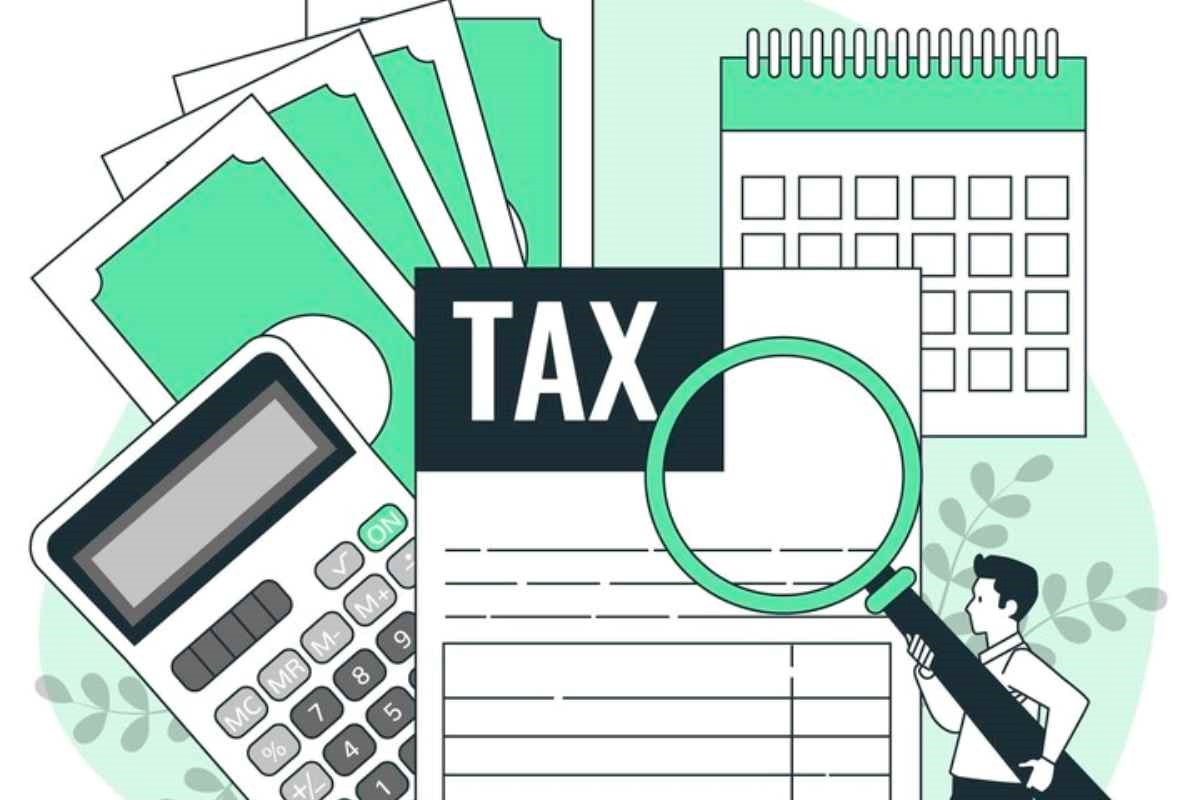We Pakistanis lack awareness of the importance of tax filing and some even mix it up with tax paying; they are not the same thing! Tax filing is simply documenting your income, assets and expenses, while tax paying is simply paying taxes on anything you buy, sell and keep.
This is the national duty of all Pakistanis and must not be skipped at all costs.
But how do you even become a filer in Pakistan? Though perceived as complex, the process can be very simple if one gets a clear-cut idea of the steps involved.
Importance of Tax Filing
Income tax return filing is a legal obligation on all the citizens of the country and is their part to play in the country’s economy. The Income Tax Ordinance Act of 2001 makes it a legal requirement to file your tax returns, as an individual, businessman, or a company.
By tax filing, you can:
- Maintain a clear financial record.
- Avoid potential audits or unnecessary inquiries from tax authorities.
- Build a credible financial profile that can aid you in your future investments and loans.
Who is Eligible to Become a Filer in Pakistan
Before you start to file, check whether or not you are eligible to become a filer. Verify if you come in the following categories of people who are entitled to income tax return filling:
- Individual who are earning over a certain amount (for example, PKR 600,000 per year). Check if you come in this income level “threshold.”
- People who have a taxable income in the country, despite of their “residential status”, are required to file their tax returns. It doesn’t matter whether you are a resident or a non-resident; income generation from the country means compliance with tax filing.
- Lastly, legal age is the most important indicator of eligibility. If your age is 18 years or older, then you are eligible to file your taxes.
Essential Documents Required for Becoming a Tax Filer
Once you have verified that you are eligible for Tax filing, you will have to gather all the important prerequisites. Here is what you will need:
- Computerised National Identity Cards (CNICs)
- National Tax Number (NTN)
- Proof of Income
- Bank Statements
- Proof of Tax Deductions and Credits
- Dependent Information
- Property & Asset Details
- Registered Phone Number

The Step-by-Step Process of Income Tax Return Filing
Once you have gathered everything, you will officially be starting the “Income Tax Return” filing process. Here are the steps to follow:
Step 1: Obtain Your National Tax Number
- Log onto the FBR Website: Open your browser and go to the Federal Board of Revenue’s official website.
- Sign Up or Create your Account: Create an account using your CNIC (Computerized National Identity Card) number.
- Apply for NTN: Fill out the online form and receive your NTN online, right away.
Step 2: Again, Go to FBR’s IRIS Portal
- Log on to the FBR Iris portal through your NTN and password.
- Start completing your profile with all the remaining personal details i.e your address, contact information and bank details (these details you are not supposed to share with anyone; they are called “personal” for a reason).
- Make sure your email and phone number are verified for your account security.
Step 3: Verify Your NTN Number and Filing Status
After your account is ready, you will need to verify your filer status. Once the NTN pin is added, the FBR will display your current filer status. This indicates whether you are a recognised tax filer, a non-filer, or a provisional filer.
You can also check it through their SMS service by sending your CNIC number to “9966”
Step 4: Start Filing the Income Tax Return Form
- Select the relevant income tax return form for the current tax year.
- Enter the necessary information regarding your income, expenses and any deductions.
- Attach required documents such as salary certificates, bank statements and proof of deductions.
- Review all information for accuracy.
- Hit the submit button once you are sure everything that you have entered is accurate.
Step 5: Ensure Verification and Acknowledgment
Once you submit the income tax return filing form, FBR will process your return and will send you an acknowledgment with a receipt. Keep this receipt safe as it’s very important in attaining the tax filing certification.
Read More: How to Become a Lawyer in Pakistan? A Pathway to Prestige, Power and Purpose
Step 6: Pay Due Owed Taxes (If Applicable)
If you have previous due taxes pending, then you will have to clear them first to receive the tax filing certification in time. Settle your taxes through your bank or other convenient payment methods like mobile banking, and make sure to keep a record of every transaction.
Consequences of Being a Non-Filer
Ignoring tax filing isn’t an option. The Federal Board of Revenue (FBR) takes non-compliance seriously and not filing promptly can result in serious repercussions like:
- High withholding tax (WHT) rates
- Restrictions on purchasing property and vehicles
- SIM card blocking
- Higher Taxes on Banking Transactions
- Legal action and confiscation of property
- Visa and travel restrictions
- Ineligibility for government contracts and tenders
- Restrictions on loans and credit
Checking the Filer Status/FBR Active Taxpayer List
For regular compliance, you need to keep yourself up to date with your filing status. Here is how you can check that:
Method 1
- For individuals, text “ATL [your 13-digit CNIC Number]” to 9966.
- To check for AJ&K taxpayers, text “AJKATL [your CNIC without dashes]” to 9966.
Method 2
- You can download the Active Taxpayers List from the FBR Active Taxpayer List link and look for your name.
Become a Responsible Citizen Today
If you are ignoring the tax filing process, you are putting yourself in trouble. Being a Tax filer is more than just a legal obligation; it’s a step toward financial discipline. You will not only be a responsible citizen but also contribute to national development by making it easier for the government to keep check and balance.
Do it now and free yourself from legal hassles and penalties!
Stay tuned to Brandsynario for the latest news and updates.




































